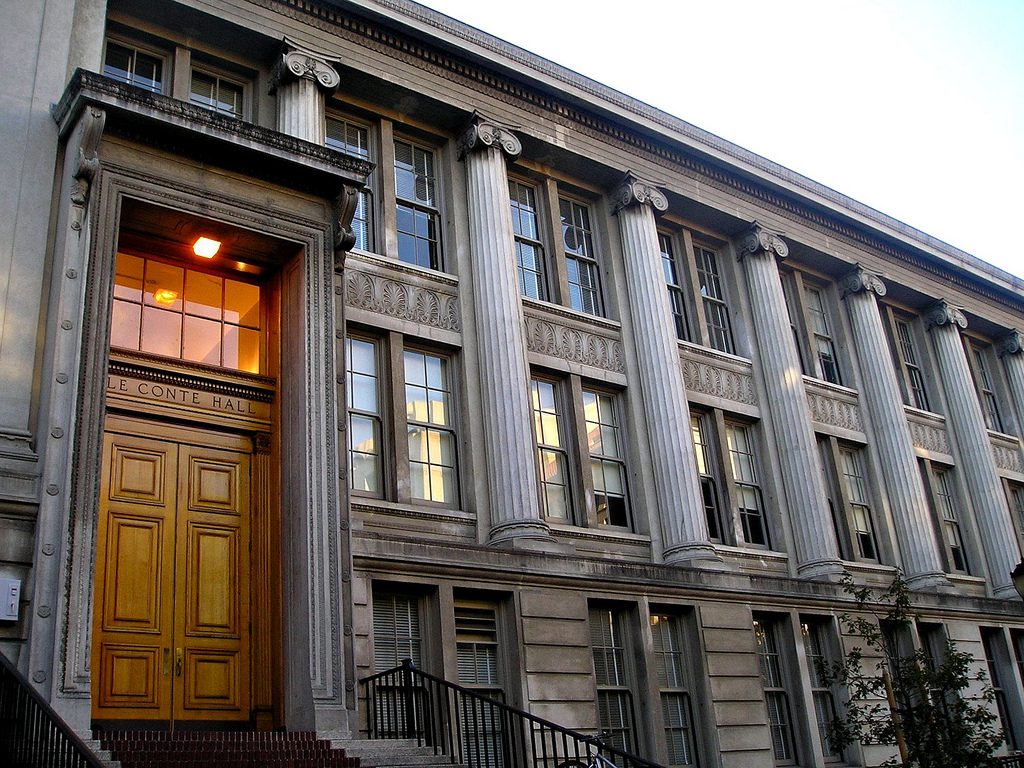Giovanni Rossi Lomanitz (1921-2002) was an American theoretical physicist.
Lomanitz was the son of a Polish political radical who had fled Eastern Europe to avoid military service. He was named for the Italian leader of an anarchist compound in Brazil that his father tried to join before ending up in Texas. These early ties foreshadow the radical associations that would eventually undo Lomanitz’s promising career in physics.
After graduating from the University of Oklahoma, Norman, with a degree in physics at the age of 18, Lomanitz arrived at the University of California, Berkeley in 1940. There, he quickly established himself as a part of the group of young scientists working for J. Robert Oppenheimer at the school’s Radiation Lab. However, he would also become involved with the local Communist Party at Berkeley, and worked to organize a local chapter of the Federation of Architects, Engineers, Chemists, and Technicians union.
This activity grabbed the attention of the FBI, which was already wary of the leftist leanings at the Radiation Lab. While many of Lomanitz’s contemporaries were being offered positions on the Manhattan Project, he was not. Concerned by his radical organizing and close friendship with suspected Soviet spy Joseph Weinberg, the Counter-Intelligence Corps ensured that he was drafted into military service to prevent him from having access to information that he could potentially pass on to the Soviet government.
Suspicion would follow Lomanitz even after the war. After appearing before the House Un-American Activities Committee and vociferously defending his loyalty to the United States, he was indicted for contempt in 1949. Although he was eventually acquitted in 1951, the legal proceedings decimated his career. He was fired from his teaching position at Fisk University and worked in menial labor for much of the rest of the 50s. He would not receive another job in academia until 1962.





